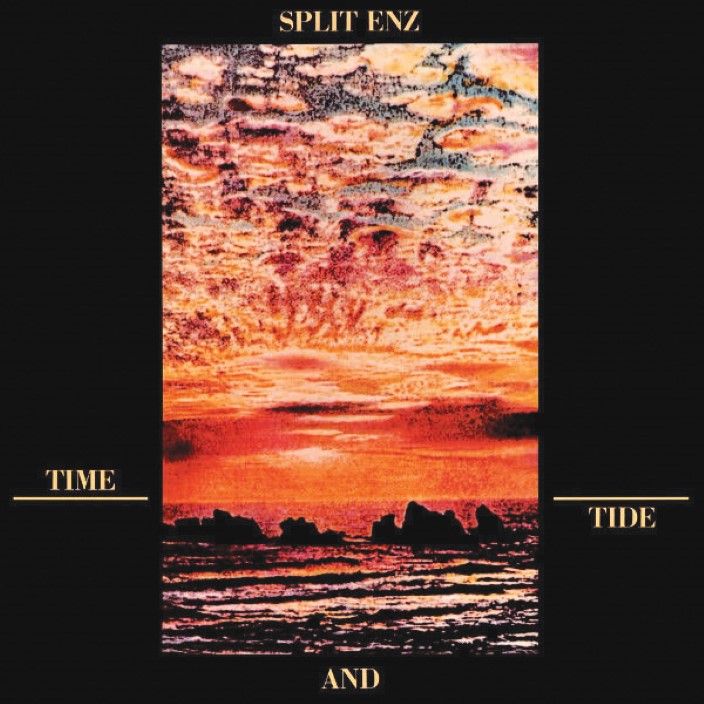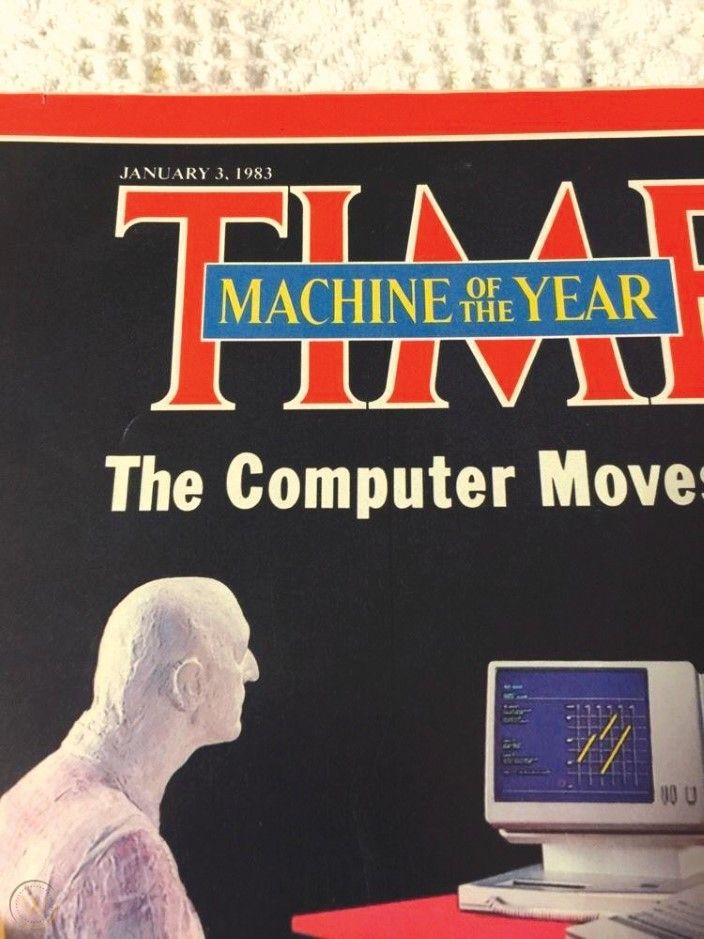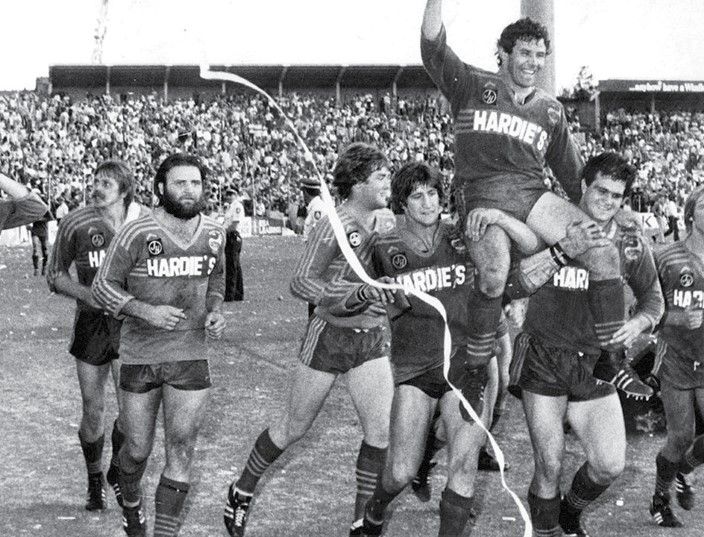
In a semi-regular column, we delve into our archives to find out what was happening in the union, the education sector, politics and culture – this issue, we rewind 40 years to 1982.






































































































































Time capsule 1982
2022 May Newsmonth


In a semi-regular column, we delve into our archives to find out what was happening in the union, the education sector, politics and culture – this issue, we rewind 40 years to 1982.

In 1982, the Independent Teachers Association (as the IEU was then known), had a total membership of 8316. Today it is more than 32,000.

In 2022, we are proud to acknowledge that of the 630 members who joined the ITA in 1982, 81 are still IEU members and still teaching. We will be presenting compendiums to these members to recognise their unwavering commitment to their union and their profession.
Politics and culture
A look back at politics tells us that in 1982, the Prime Minister was Malcolm Fraser and the NSW Premier was Neville Wran. The Federal Education Minister was Wal Fife followed by Peter Baume, and the NSW Education Minister was Ron Mulock.
On the global stage, it was the International Year of Mobilizations for Sanctions Against South Africa. The nation’s harsh, institutionalised policies of racial segregation were finally terminated in negotiations that took place from 1990 to 1994.
The Nobel Peace Prize was awarded to Alva Myrdal and Alfonso Garcia Robles “for their work for disarmament and nuclear and weapon-free zones”. The world was on its way to a digital future, reflected in the Times Person of the Year, which in 1982 was “The Computer” (denoted as “Machine of the Year”).
In the cultural sphere, Best Picture at the Academy Awards went to Gandhi (played by Ben Kingsley) and Australia’s Thomas Kenneally was awarded the Booker Prize for Schindler’s Ark.
On the home stage, Australian of the Year was Sir Edward Williams KCMG KBE, former judge of the Supreme Court of Queensland and Chairman of the 1982 Commonwealth Games, held in Brisbane.
The Gold Logie went to Bert Newton (who passed away in October 2021); the most popular drama series was Prisoner; and at the Countdown Australian Music Awards, best album went to Time and Tide by Split Enz (at the time, Australia claimed the Kiwi band as its own); and Moving Pictures took out best single for What About Me? In sport, the Parramatta Eels won the NRL premiership.
Teaching and education
The top rate of pay for a four-year and five-year trained teacher in non-government schools was $24,322. A one-year trained teacher received a maximum salary of $15,265
A new award, the Teachers (Non-Government Schools) (State) Award was negotiated in 1982 – the first in eight years; and the ITA ran an Hours of Duty case.
The ITA supported recommendations to abolish the School Certificate (undertaken by students in Year 10, who could then leave school).
In 1982, the Victorian Government banned corporal punishment in schools, promoting increased discussion about this damaging and outdated practice in NSW, where it was not officially banned in government schools until 1990 and in non-government schools in 1995.
New copyright laws created frustration and confusion for teachers over what they could and could not photocopy for students.
And the NSW Government announced that schools would move from three to four terms in 1984.
